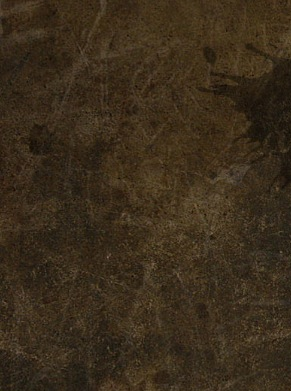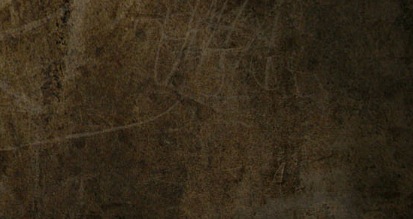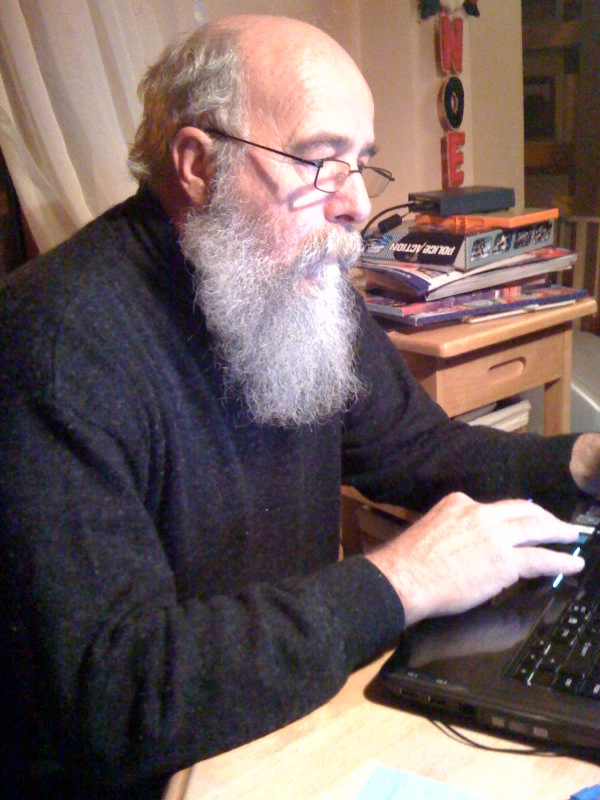Here is another sample of my writings, This is an academic excert from a book I am writing on Vocations and Ethics. Many do not understand what a vocation is or how it works so maybe this will help some.

VOCATIONS 1
Double click here to edit this text.


MUSIC AS A VOCATION
BY: PAUL GILLIS ©pg2010
Taken from various chapters of an unpublished book on “Music as a Way of Life”© 2007
In considering if music is your vocation there are certain questions to be asked, the answers will determine if you could take music for a vocation. The questions I would ask are:
1. What directs you to music?
2. Have you a sense of passion in relation to music?
3. Can you imagine life without any music in it?
4. Are you motivated by money or is it just a means to fulfilling your dream?
5. Have you the dedication to spend endless hours engrossed in creating music or in performing?
6. Where do you see music bringing you to in life, a rock star, a music composer, a music critic, a sound engineer or none of the above?
If you can get 5/6 correct than you would be a good candidate for a music vocation, there will be other considerations to look at further down the road but to determine your destiny these will do for now.
“Music is one of the loneliest paths for a person to take; you must have great faith in yourself and like your own company. It is not something that you can readily explain to a non music disciple. Life is often driven by compulsion, by fear of failure, passion, or something that is indescribable. This element is the key to fulfilment in music. You must be prepared to be your own critic; you must learn to write or perform for yourself and set your own standards. You have to be able to keep your head when you don’t agree with criticisms from the public. The hours are long and the pay is poor but the feeling of creating something is huge. The outlay tends to eat up any profits rapidly, money is always in short supply but you learn to improvise. I always use the comparison between a classical performer that reads music from a score and is not able to play without the score, and the composer/performer that cannot read music but only plays from the heart. This to me says it all, the person that is not as highly educated may more often have a passion that cannot be written in words, it is where they become the music they are playing or writing. An experience that cannot be repeated, by a performer reading from the score, it is a mixture of feeling and emotion, unique to the performer.”
The thing that draws many to music is the rules and limitation and definite structure that must be followed, there are none.
“If you write a tune/song and it doesn’t fit into any normal genre, create your own. In styling yourself after the writings of some great composer or songwriter you must consider that they had passion that you cannot tap into, they had moods hat you can only guess about. They may have used some colloquial language which may not fit into your learning to date. They come from different times with different agendas and needs. If you pick an unfinished concerto or are lucky enough to see unfinished works by songwriters you will find it impossible to understand where they were emotionally or where their emotions were going to bring them in order to finish the creation”.
If you can except this as the norm and realise that there is little normal in the life of a composer/musician/artist then you can succeed. There are few careers that offer the same freedom, enjoyment, uncertainty and comfort. That can entice people to follow a path that may result in great personal sacrifice and hardship, and do so willingly.
“ A true artist does not consider money to be anything more than a means of achieving excellence and still owning the shirt on your back. The financial rewards are the last thing on their minds; the final reward is in the finished work. We look at the great Italian, French and German composers and we never consider the time they invested in their masterpieces. This was often during the poorest times of their lives. One must look past the worldly aspects of life and balance on a more spiritual/physiological level to create great work. On must look past the barriers put before us by the society we live in and create our own barriers of a physiological level”
So you don’t fit the stereotypical box that was created by the society you live in, a true artist is not concerned with pigeon holeing.
“Many composers are called eccentric, odd, misfits and a list of other endearments by the so called normal members of society, among their peers they are listed as gifted, genius, inspired. To the artist the label is meaningless. As with the assumption that only a classical artist can play classical music, a myth”.
Personally my interest in music began at the tender age of 4, when I was given a small drum that had been made by the Shinnocock Indians on Long Island NY. And an American Army Bugle left to me by my old uncle Joseph. He was 86 when he died having spent most of his adult life in the service of the American Army. I began causing havoc in the house but my parents were good enough to allow me to express myself, until I was tall enough to get a guitar.
“Life could have been so different for me if I had not had the encouragement of both my parents, i could have missed out on so many wonderful things that music has brought me. I could have missed out on meeting so many great people and experiencing so many great festivals. Life would have been a drab place for me without my music.”
Many of us think of music as a leisure activity or look at Balladeers and say it is an addition to the sport of drinking. Music holds so much more, it is a healer, the equivalent to a medicine. It takes away stress, if used properly in the right hands it can be used as a relaxant and it has been widely documented to be used in certain cultures for just this purpose. The people from India, the American Indians, the Japanese and many others use music for all types of illnesses.
“Music for many is a universal, unspoken language that we can all understand, it does not have the same restrictions of the other means of communicating, and it can be understood with no prior instruction. I can relate a sad event through music to somebody in Africa or Russia, i do not speak or understand their languages but I can get my message across in a very few bars. I can relate joy to them in the next composition and they will understand. There is something mystical about music that creates a worldwide understanding. If actual life was so easy we would have a great time.”
For many the true musical interest has to come later in life as there are the normal tasks of marriage, family, work, money worries and mores the pity. Unfortunately it is only the chosen few that can actually make a living full time at it. In many cases it is not a case that they are better at their trade or they fit into the profile required it is down to luck. There was an advert on TV some years ago, they look horrible they sound worse but they will make it big. Such is life. Personally for me having rearing a family and converting my wife to the church of musicology, I can now enjoy the desire that has been burning away all my life.
“In teaching a 64 year young Lady to play the button accordion some years ago I came to realise there is no age restriction on music, once you still have it in you to produce it, go for it. There are very few paths in life that life can begin at 60 and you can expect at least another 15-20 years of productive work without having to over work yourself. A Piano is an inanimate object so is the piano stool, so long as you can sit on the stool you can make music.”
With the changes in music over the last 100 years there are so many open avenues, whatever your heart tells you to write is perfect. The older music by the greats was written to be played in a certain manner and in accordance with the music score. That day is gone; thanks to the new process of manipulating sounds you can sit at your kitchen table and write for the London Philharmonic at your ease.
“The age of computers has revolutionised the industry and allows for some less talented geniuses to create masterpieces. I welcome the new technology such as synthesis as it allows you to create a world from your imagination and explore it and manipulate it to your end desire.”
I wonder where it will all end, will the day come that our thoughts can be read by computers and reproduced in minute detail. That would be something, never having to struggle as to how to write a movement down in a fashion that the performer can understand.”
This is just a very short summary of why I feel music is my vocation and why I want to follow my heart in respect of my music. One piece of advice I will give to anyone thinking in following in this way of life. Write everything down and copywrite every word. There may come a time that like me, you want to write a book on your life & music, it is good to have some prep work done and a factual account of experiences that you will no doubt encounter in your life. It saves the memory from carrying baggage around.
Just to finish I was asked once what I would like on my headstone when I die, after some thought I said:
“Do not weep I am not dead I am the notes before your eyes
do not weep I am not dead I am the music within your head”.
I think that sums up what music as a vocation is all about.
